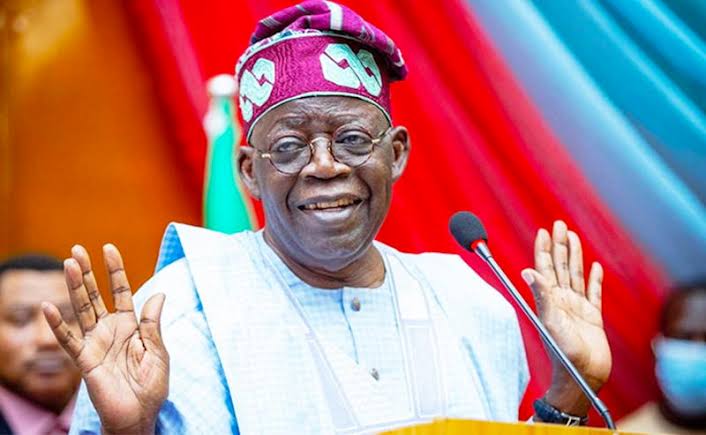
How President Tinubu’s Reforms Are Transforming Nigeria
Since assuming office, President Bola Ahmed Tinubu has implemented a series of bold economic and political reforms that are reshaping Nigeria’s trajectory. From fiscal policies to governance restructuring, these changes are creating both challenges and opportunities for Africa’s largest economy.
The Tinubu administration’s reforms represent the most comprehensive economic overhaul Nigeria has seen in decades, targeting long-standing structural issues while positioning the country for sustainable growth.
Economic Revitalization Through Bold Policies
The removal of fuel subsidies, though initially painful for citizens, has freed up billions in government revenue previously lost to corruption and inefficiency. These funds are being redirected toward critical infrastructure and social programs.
Foreign Direct Investment
Increased by 32% in Q1 2024
Government Savings
₦400 billion monthly from subsidy removal
Governance and Anti-Corruption Measures
The administration has implemented sweeping civil service reforms, including:
- Digitization of government processes to reduce human interference
- Performance-based evaluation for public servants
- Whistleblower protection programs
- Streamlining of redundant agencies
Infrastructure and Industrialization Push
Major projects underway include:
- The Lagos-Calabar coastal highway
- Revitalization of three major refineries
- Expansion of the digital economy infrastructure
- Special economic zones for manufacturing
While the Tinubu reforms have caused temporary economic discomfort, they represent a necessary reset for Nigeria’s economy. The coming years will prove whether these bold moves can deliver on their promise of transforming Nigeria into a more prosperous, efficient, and globally competitive nation.
